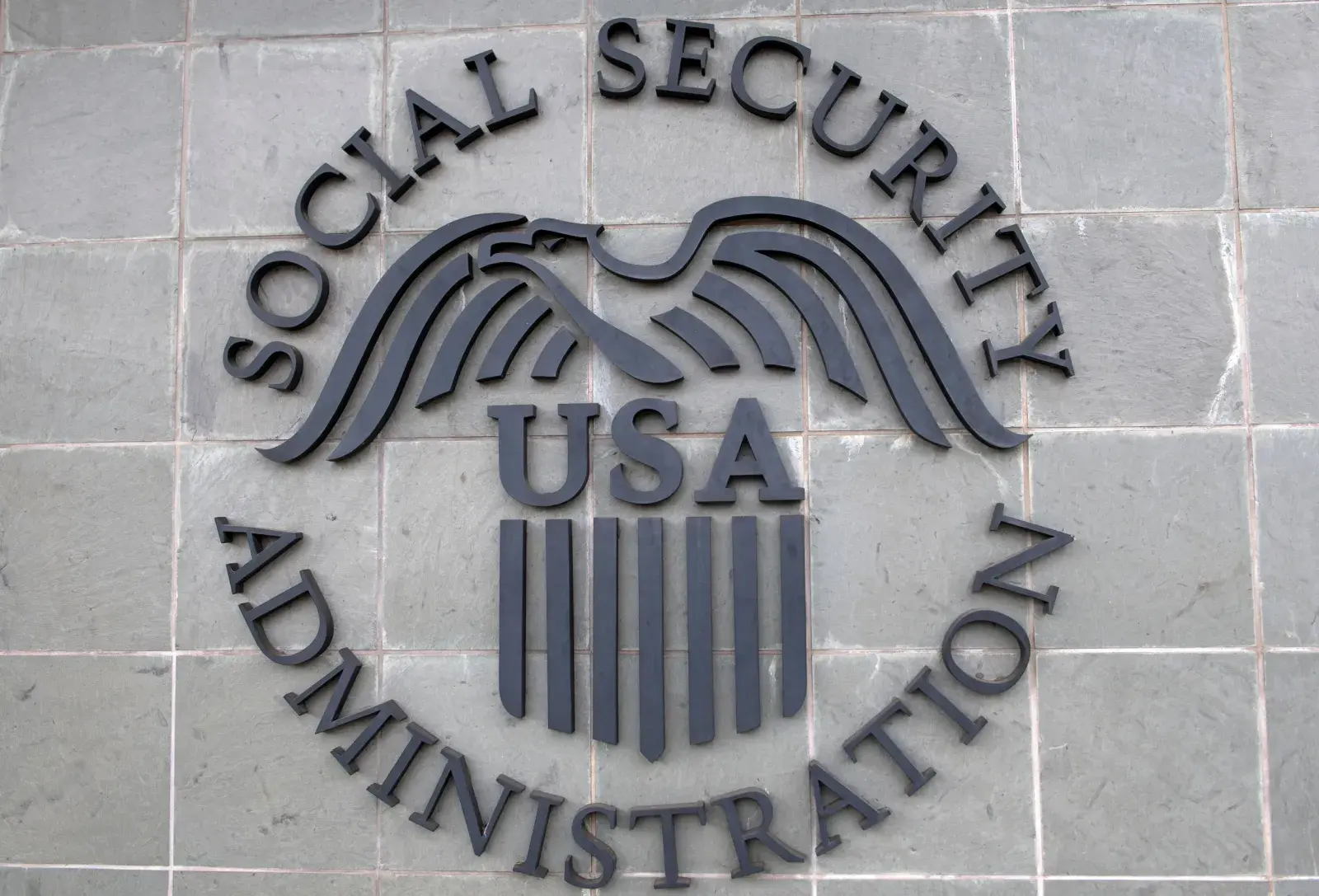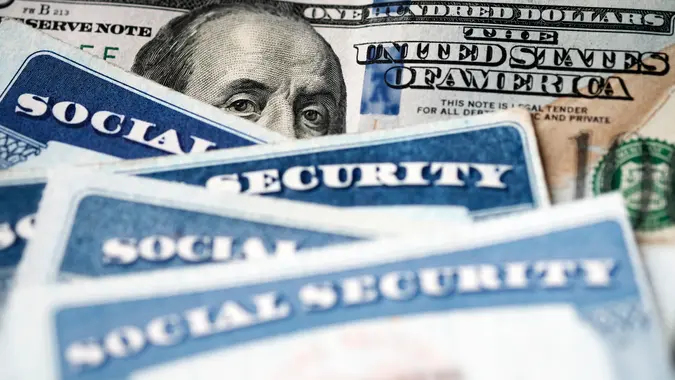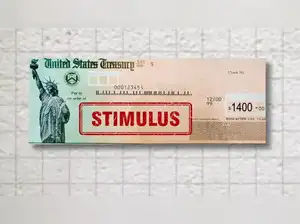A new Social Security scam is targeting seniors with emails that falsely claim their Social Security numbers are linked to criminal activity. The message threatens to suspend benefits unless the recipient acts quickly.
Why It Matters
More than 70 million Americans depend on Social Security, making them vulnerable to scams that threaten their monthly payments. Seniors who engage with fraudsters risk losing both money and their identities.
What To Know
According to WGAL, the fraudulent emails allege that a federal investigation involves the recipient’s Social Security number. The scam exploits fears of losing benefits, but the Social Security Administration (SSA) never emails beneficiaries—it only sends letters. In addition, the scam emails do not come from a .gov address.
Experts warn that Social Security numbers cannot be temporarily suspended. Seniors should remain alert and skeptical of suspicious emails.
Expert Insights
Kevin Thompson, CEO of 9i Capital Group, explained:
“Scams are attacking our senior population aplenty right now as they know our current administration is forcing them to interact completely online. This allows for scammers to take advantage of a population that is truly not astute with computers as the rest of us. This is a tremendous oversight and will come with dire consequences.”
WGAL reported that when victims call the number linked to the fraudulent emails, scammers claim their names and numbers were tied to drug trafficking and money laundering, supposedly causing benefits to be suspended. Once fraudsters obtain full Social Security numbers, they can steal funds and commit identity theft.
What People Are Saying
A spokesperson for the SSA Office of the Inspector General outlined key red flags:
-
SSA will never threaten arrest or legal action for not paying immediately.
-
SSA will not suspend your Social Security number.
-
SSA will not ask for personal information or payments to activate COLA or other benefit increases.
-
SSA will never pressure you to act immediately or share personal data.
-
SSA will not request payment via gift cards, prepaid debit cards, wire transfers, cryptocurrency, or mailed cash.
-
SSA will not threaten to seize your bank account or ask you to move money to a “protected” account.
-
SSA will not demand secrecy or direct message you on social media.
Financial literacy instructor Alex Beene added:
“It’s disheartening we continue to see more scams targeting seniors, particularly when it comes to receiving their Social Security benefits. Seniors need to know a few things: Social Security is not going to email you directly from a ‘.gov’ address, and there’s no such thing as a ‘temporary suspension’ of your Social Security number. Do not engage and always delete this content. If you have any legitimate questions about your benefits, always call a Social Security field office.”
Thompson also shared a personal example:
“My 78-year-old mother has been hit with multiple attempts the past month and much like I informed her, never click on an email link to go into accounts. My mother contacted a number she thought was the DMV recently and it turned out to be a scammer on the line. It is getting very difficult for seniors to interact because everything you get is either a phishing attempt or spam.”
What Happens Next
To stay protected, Thompson urged seniors to lean on family or trusted professionals.
“Seniors need to rely more on their children to help combat these attempts, and if they do not have children, use professionals in their lives, such as their financial advisors or estate trustees, for support.”








Leave a Reply